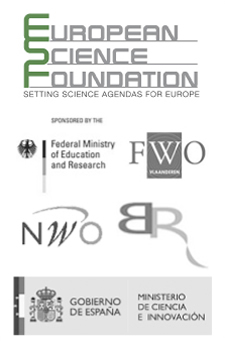WP-3: Marine environmental changes
The Coastal Depositional Environment in KGI Fjord and Bay Systems (IP-4)
Gerhard Kuhn, Christian Hass, Anne-Cathrin Wölfl, Nina Wittenberg (AWI, Germany)
The aim of this study is to assess the impact of climate-change controlled glacier-melting processes on the near-shore (Potter Cove) and shallow-coastal (Maxwell Bay) marine depositional environments during the Late Holocene (using long sediment cores and shallow seismics), at present (via the compilation of thematic maps on e.g. sediment distribution and bedforms), and in the near future. The second goal is to reconstruct the late Holocene climate development of the WAP on the basis of sediment cores obtained from marine areas off KGI outside the ice scouring zone since the immediate glacier-affected zones rarely carry undisturbed sedimentary records. Special emphasis is placed upon the warm phases of the past millennium (in particular the Medieval Warm Period) as analogues to the present one. Course and characteristics of warm phases of the past are instrumental in evaluating the significance of the present climate trend and will aid in establishing a prognosis for the near future environmental development.
The anticipated high temporal resolution of the sediment cores should also allow to determine the sedimentary signatures to high-frequency climatic and atmospheric changes such as El Niño, La Niña, sunspot activities 11 y and 80-90 y (Gleisberg-Cycle), and the Antarctic Oscillation.
Geochemical characterization and fate of the dissolved and particulate load of glacial melt waters of the Potter Cove watershed, King George Island (Antarctic Peninsula) (IP-5)
Hans-Jürgen Brumsack, Bernhard Schnetger, Donata Monien (ICBM, Germany)
Recent temperature increase has induced Antarctic glacier melting, resulting in significant amounts of melt water and particles being transported into the ocean. Our subproject deals with the characterization of water masses, specifically their nutrient and trace metal contents. Nutrients and trace metals are important for marine phytoplankton growth and may be used as indicators for ongoing environmental changes. With our methods we are able to estimate the effects of climate change on the input of material by melt waters and the record it leaves both in the oceanic water column and in seabed. Our objective is to build a link between ice retreat, melt water run off, and the ocean floor as a climate archive.

